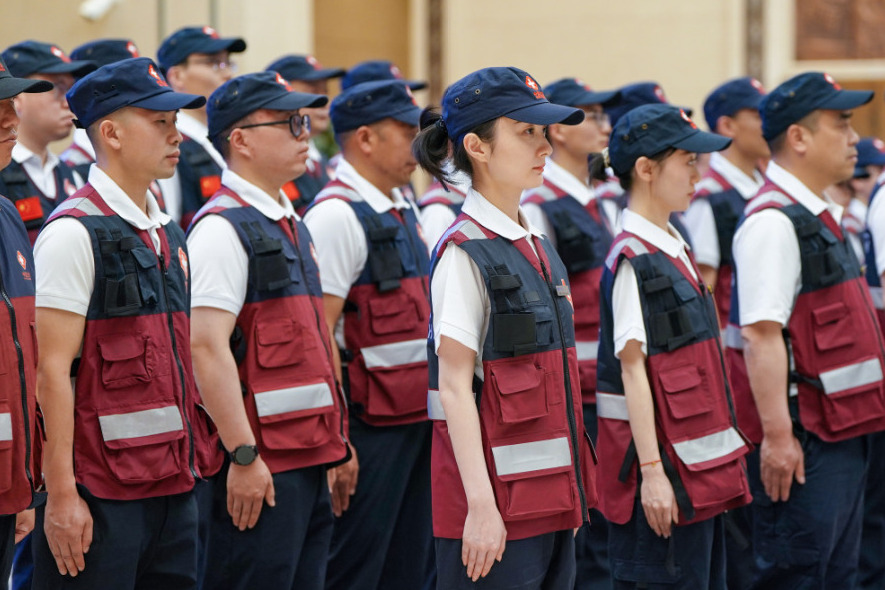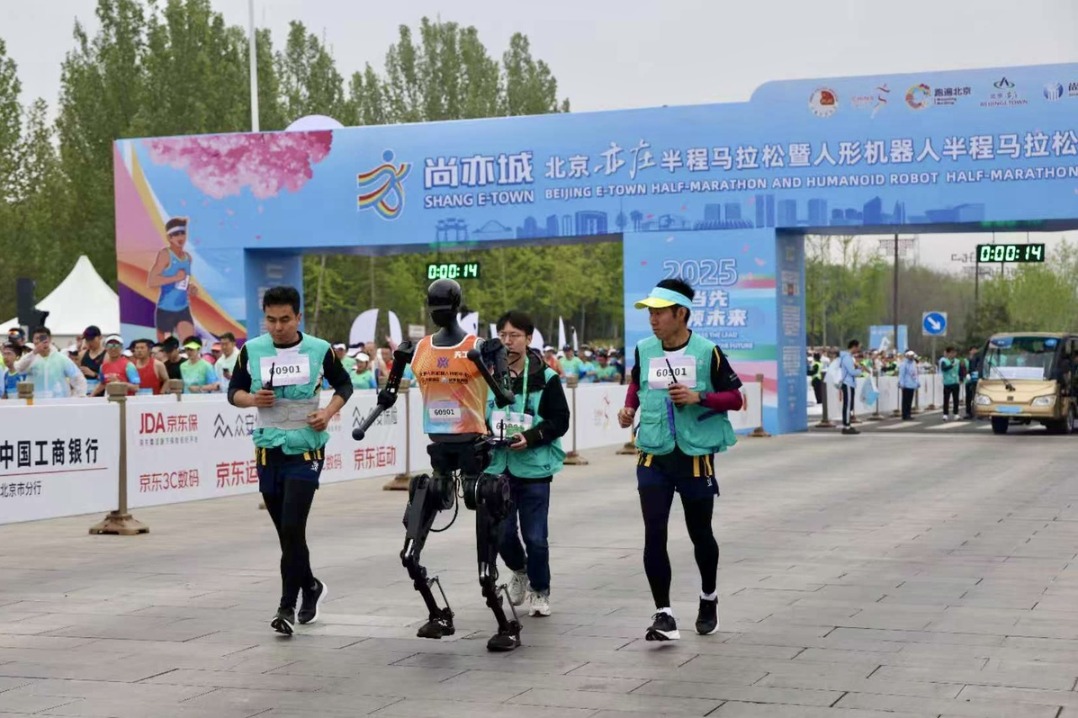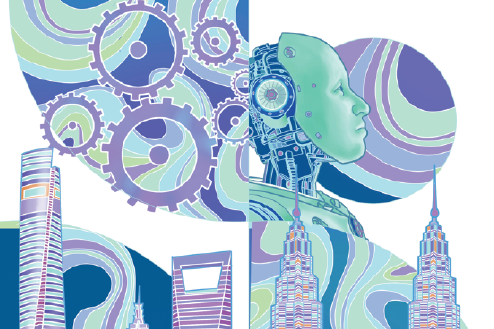World cannot be healthy without solidarity


Health is a luminary and primary aggregate indicator of a country's safety. The dysfunction of the primary, secondary and tertiary health services has negatively influenced state capacity to frontload resources for pandemics, including the COVID-19 pandemic.
Unsustainable public health systems affect the ability of the people to actively participate in building a sustainable society. The sustainability of such systems is predicated on the need to urgently mobilize countries to redirect national and international policies and resources to address an evolving pandemic and the collateral socioeconomic and life- and health-related damage it would cause.
The criminal negligence of the health sector by development agencies and the international community is unforgivable. Hence, creative efforts need to be made to meet head-on the challenges created by pandemics. Also, processes and procedures need to be developed to ensure a higher degree of political will to be translated into policies and strategies to control the impact of a pandemic based on a concrete and evaluable plan of action.
A major obstacle to the efforts to improve health systems is the all-powerful and hierarchical populist bureaucratic structure emerging in industrialized nations, whose organizational imperative is to command and control and which is preoccupied with its own survival and enrichment.
Epidemiologists have long warned that the more people live in close proximity to wildlife, the more risk there is of viruses jumping from animals to humans. COVID-19 has infected millions and claimed millions of lives globally. The novel coronavirus has become one of the biggest threats to humans and the global economy. The impact of the virus on the global economy has rocked markets worldwide, with stock prices and bond yields plunging.
A vital issue in the COVID-19 pandemic beside the loss of millions of human lives is not just the number of cases, but also the level of disruption to economies due to the containment measures adopted by different countries. Some netizens say that deadly plagues throughout history, starting from the 1720 plague, show a pattern.
In 1720, the Great Plague of Marseille killed about 100,000 people in France. In 1820, the first cholera pandemic claimed 100,000 lives on the Indonesian island of Java. In 1920, the flu pandemic infected 500 million people, killing millions globally. As such, the COVID-19 pandemic, which broke out in 2020, shows deadly pandemics occur every 100 years.
A pandemic is the worst-case scenario for economic globalization. Indeed, the COVID-19 pandemic is a huge stress test for globalization. Not only has globalization allowed for the rapid spread of contagious disease but also it has fostered deep interdependence between countries and enterprises, making them more vulnerable to shocks.
The G20 member countries pledged to build a "united front" to fight the novel coronavirus. They injected $5 trillion into the global economy to counter the pandemic amid forecasts of a deep recession. Former US president Donald Trump and Russian President Vladimir Putin joined the emergency videoconference chaired by Saudi Arabia's King Salman, who called for coordinated action to end the oil price war between Riyadh and Moscow roiling energy markets.
One of the very many disheartening aspects of the COVID-19 pandemic has been the near absence of international institutions in fashioning a response to this global crisis. The G7 leading industrialized countries could not agree on a joint statement, much less joint action, and the G20 could agree only on the point that the problem was global and serious, although UN Secretary-General António Guterres kept appealing for a coordinated global response to contain the pandemic.
Viruses, like other grave threats to the world, do not respect national borders. Yet the response to this pandemic has tended to be country-centric. The only international organization active throughout the global health crisis, the World Health Organization, has been increasingly marginalized, its efforts stymied by chronic underfunding and a lack of enforcement authority.
China has been a key stakeholder in supporting developing countries by supplying personal protective equipment and COVID-19 vaccines. In fact, President Xi Jinping made Chinese-made vaccines a global good.
The founding tenets for a sustainable public health program that will facilitate the creation of strategic partnerships at all levels must be based on active social mobilization and participatory involvement of stakeholders in assessment, planning, program implementation, monitoring, and evaluation of all activities, thereby strengthening capacity for local development.
This requires a stakeholder-driven multi-track communication system, designed to promote interaction between different stakeholder groups by enhancing their capacity to articulate and share knowledge and experiences through various communication and educational systems. This entails increasing the capacity of preparedness by establishing and ensuring the essential preconditions, which enable them to effectively respond to public health crises.
Capacity development should not be equated only with training, education and technology transfer. Attention should also be paid to the environment in which people apply their skills, an environment conducive to mobilizing social groups and motivating individuals as basic requirements for promoting capacity utilization and retention.
Similarly, capacity building is not just a matter of providing people with the skills and knowledge to accomplish tasks and solve problems; it also means creating the right environment in which individuals can exercise their capabilities.
The author is a former UN senior policy adviser to, and chair of, the African Union Anti-Corruption Board and a professor at the School of Graduate Studies, Addis Ababa University.
The views don't necessarily reflect those of China Daily.


































